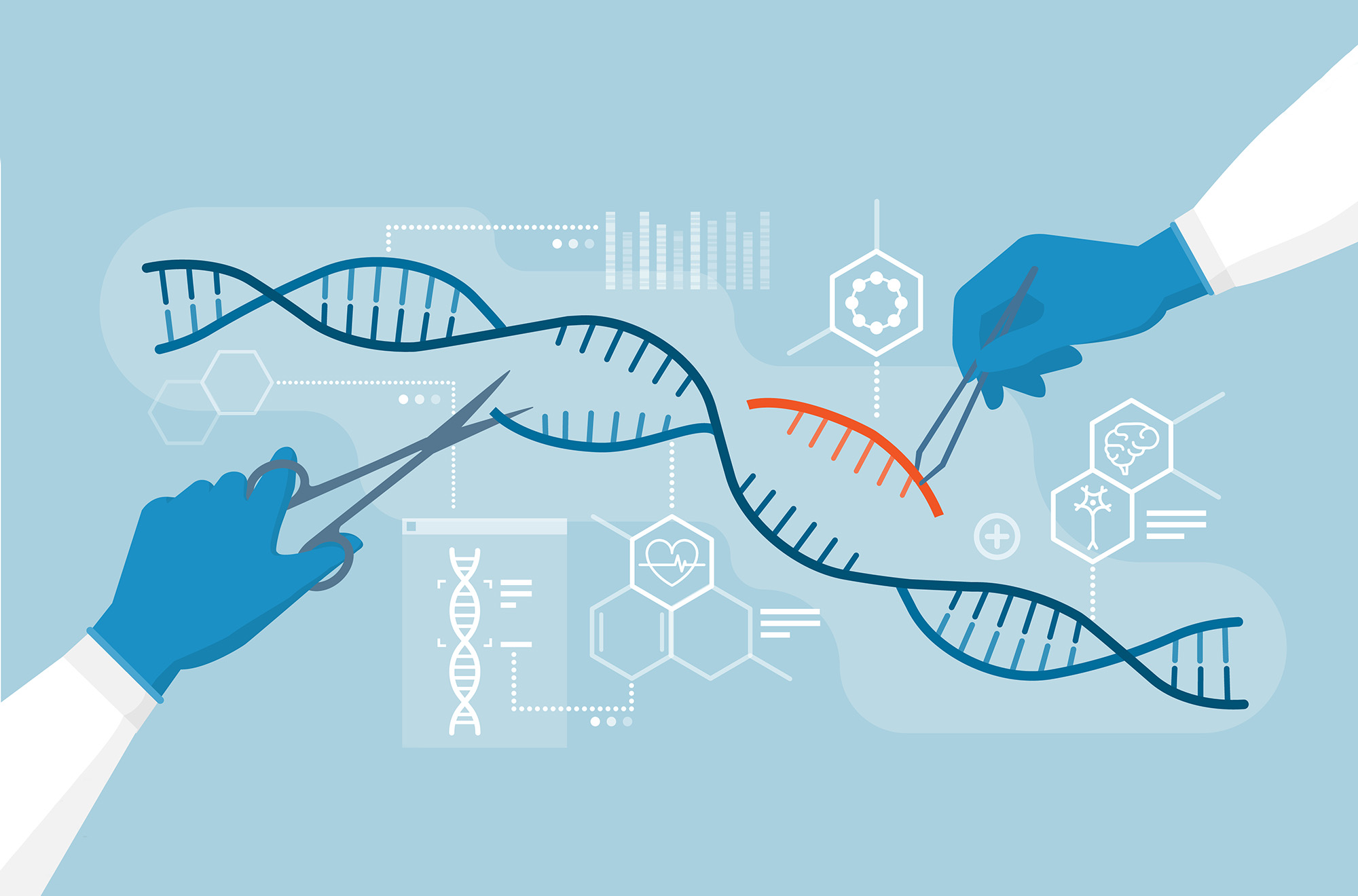
The DNA of Genomic Medicine

Genomic Life rebranded its company name from Wamberg Genomic Advisors in 2021 due to the recent rapid advancements in genomic medicine.
The new brand, according to executive co-chairman Randy Scott, symbolizes a frictionless health ecosystem incorporating truly personalized medicine. We spoke with Scott to learn more about the intersection of medical science and technology and what employees, employers and benefits consultants can expect in the near future relative to genetic testing and disease management.
Conversations around advances in medicine start with the needs of the patient. Ensuring the patient receives an accurate diagnosis and treatment for the best possible outcome is the main responsibility of the provider. And looking at the latest technologies in a comprehensive manner, rather than in a specialty focus, expands the potential to support more patients.
Cost considerations require balance and analysis. While molecular diagnostics and individualized treatments may have a higher cost up front, the downstream benefit and the interests of the patient must be considered. Clinical-grade genomic testing, such as hereditary risk screening, detects diseases at an early stage, which can favorably impact survivability and associated healthcare costs. Similarly, genomic profiling of a tumor can increase the likelihood and degree of treatment response, particularly in cancer, leading to improved outcomes. In general, the cost-effectiveness of genomic testing in medicine is rapidly improving with the continuing decrease in the costs of DNA sequencing and its applications.
The evolution of prescription methods changed as a direct result of the genomic revolution. Unraveling the molecular basis of disease, and subsequent characterization of individual variation, is one of the most critical advancements in medicine. With this detailed understanding of disease, biotechnology approaches to drug development have led to new medications—often biologics—that target specific critical disease pathways. Particularly with treatments for cancer and immunological diseases, this innovation in medicine has been further extended with the ability to identify individual patients—by their unique combination genomic markers—that will respond to a growing number of targeted drugs.
Precision medicine is improving response rates and decreasing treatment costs, especially in cancer, where targeted therapies, such as immune-oncology, show significant efficacy resulting from a comprehensive genomic profile.
Medications are not always effective for all people. Studies show therapeutic response rates for many drugs are only 50%-75%. Pharmacogenomic profiling can improve the overall response rate of drugs using genetic factors that determine how individuals metabolize medications. Genetic variation in drug-metabolizing enzymes aids providers and payers with selecting drugs with the highest likelihood of effectiveness and avoidance of side effects.
This precision with prescribing makes a difference for patients with complex and chronic conditions, who often take multiple drugs. Pharmacogenomic profiling can improve the selection of the right combination and dosing matched to the individual clinical presentation.
Insurers and pharmaceutical benefits managers can utilize pharmacogenomic testing to ensure that members receive the most effective medication(s) for their conditions. Knowing drug sensitivities up front allows the prescriber to avoid trying drugs that are unlikely to work and delay the administration of an effective medication.
Side effects hinder medication adherence, which can impact outcomes. Pharmacogenomic testing can decrease the likelihood of adverse drug reactions and increase the response rate for first-line treatments. This knowledge helps reduce unnecessary utilization and maximizes member benefits.
Implementing pharmacogenomic testing requires a coordinated effort. Optimally, patients should receive testing before receiving the medication. And the patient needs to understand the test results by discussing them with an expert. The results need to be available before a new prescription or any changes to the medication.
A successful scenario also involves decision support for providers when integrating pharmacogenomic results into drug selection and dosage. Documenting these factors along with clinical outcomes is critical to the coordination effort.




